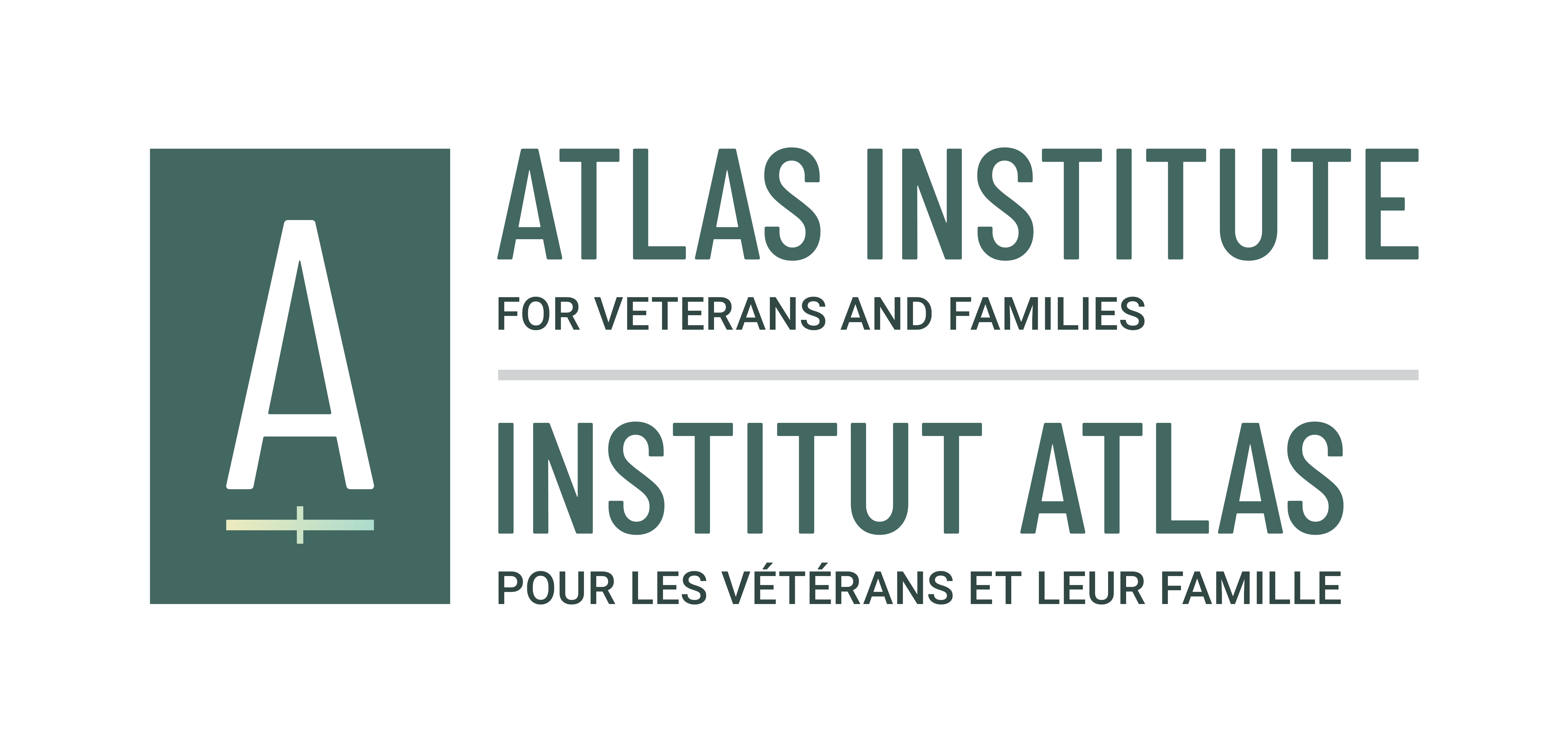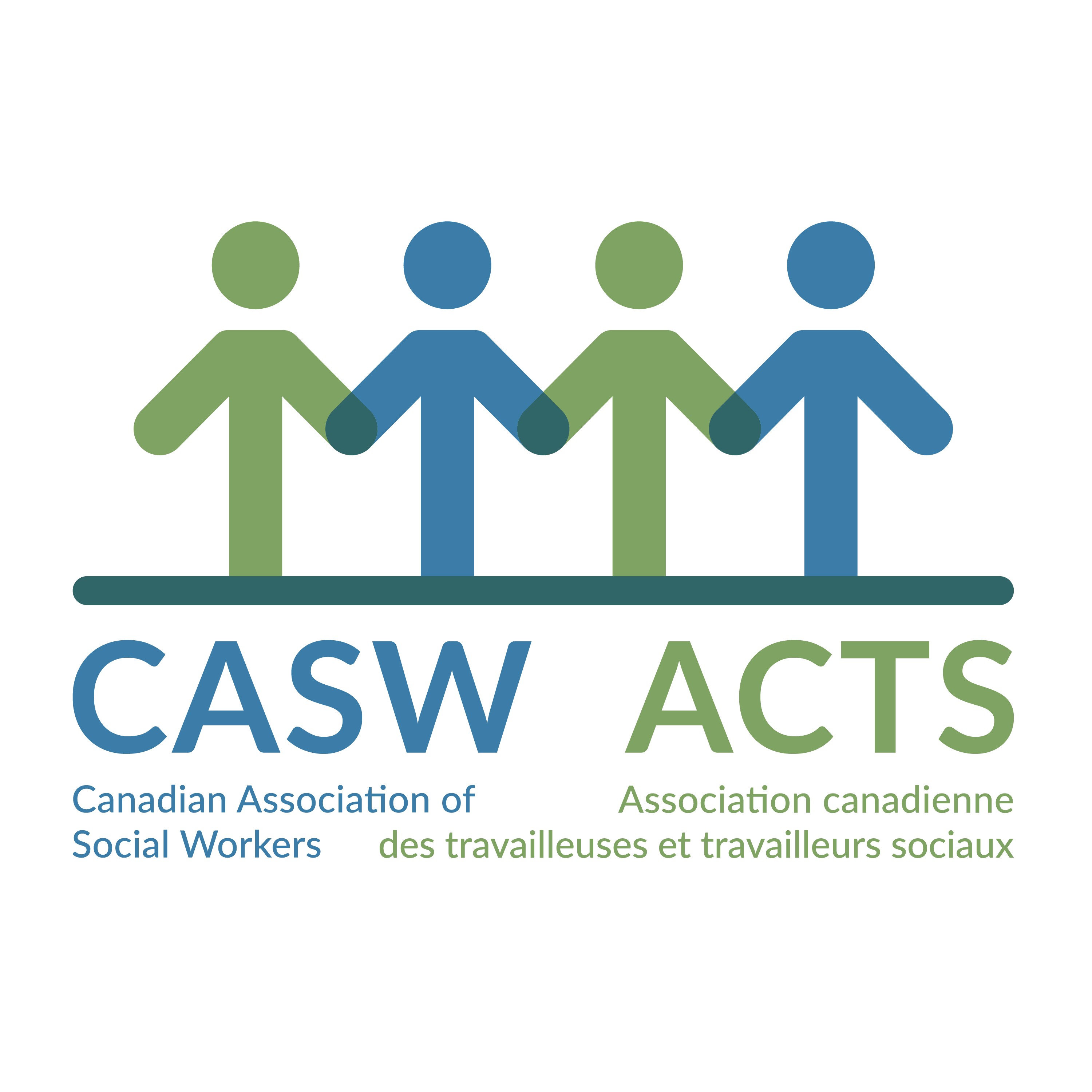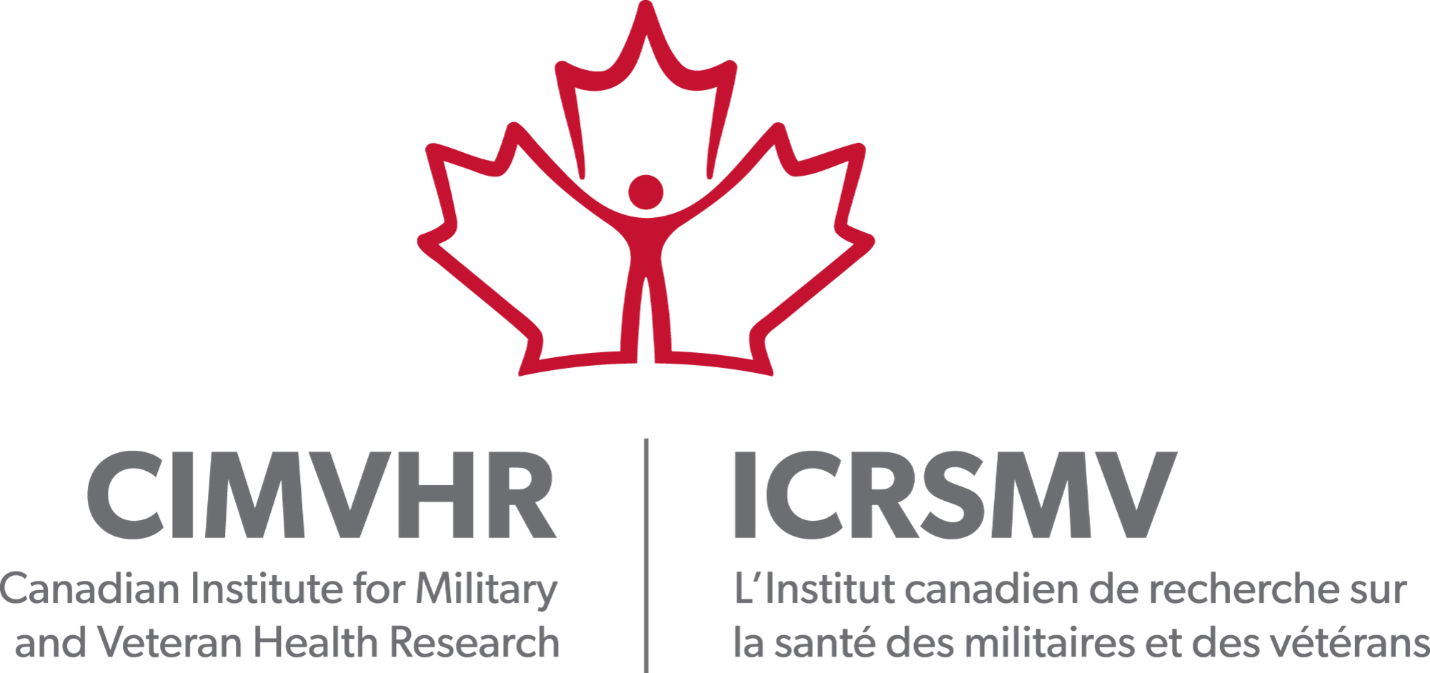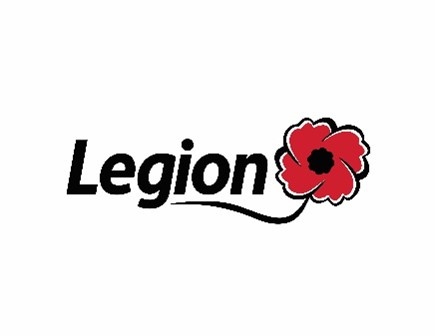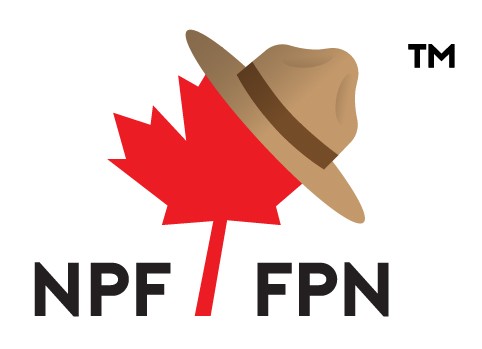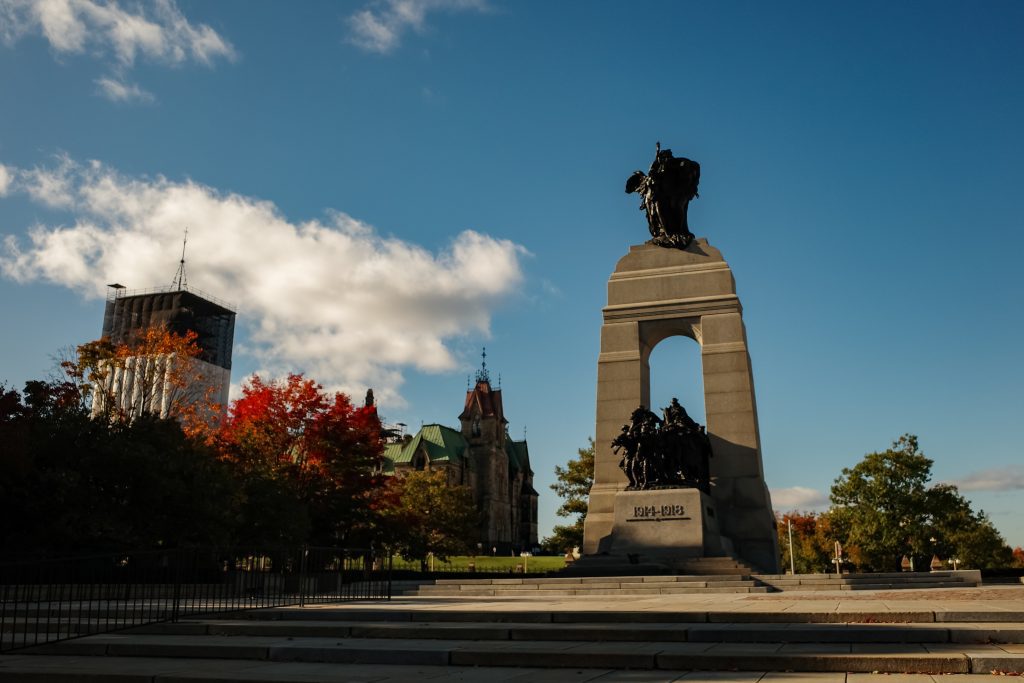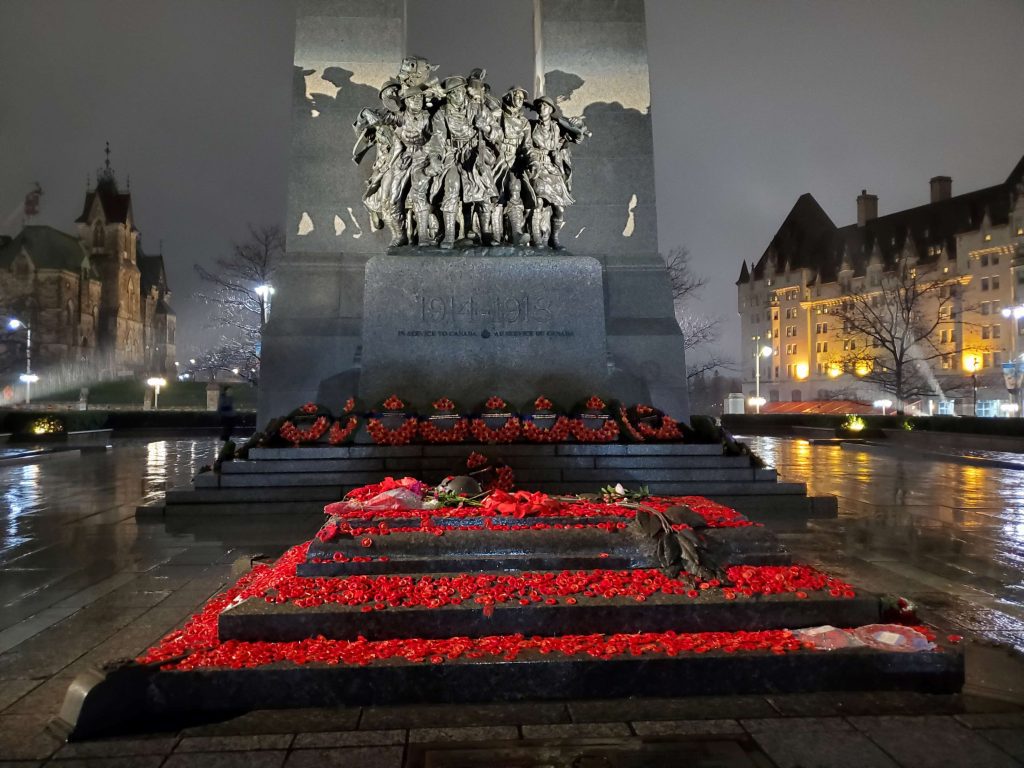- 2025-06-10
- Statement
Letter from the National Collaborative on PTSD: Call for continued support and action to improve treatment outcomes for those with service-related mental health injuries

Posttraumatic stress disorder — PTSD — is a problem that many more Canadians struggle with than one may suspect; approximately 6.8 % reporting having experienced it at some point in their lives.
However, there are populations with increased exposure to potentially traumatic events specific to occupational risks. For example, Canada’s active military, Veterans, first responders, and other public safety personnel experience PTSD at even greater numbers than Canada’s national average ranging from 10 to as high as 30 %. Even a single traumatic event can trigger PTSD, let alone an entire career of repeated exposure.
The impact of mental health in the workforce can be substantial. Whether measuring the direct economic burden or the relationship between mental health and worker productivity such as absenteeism and presenteeism there is evidence that poor mental health leads to productivity losses. Given both its prevalence and impact it is important those impacted know there is access to effective treatment when they are faced with the psychological costs of that service.
For various reasons effectively treating PTSD among both military and public safety professions remains challenging. Barriers to treatments can include stigma due to the high value placed on stoicism and resiliency, costs and lack of access to available evidence-based PTSD treatments, fear of job repercussions, and even difficulty getting time off work. These factors can all further complicate work on addressing PTSD. Certainly, these populations have not seen their needs go down, given the global impact of a pandemic, wars and instability which have hit far too close to home for the community.
Recognizing the scale of this issue, five years ago the Government of Canada made an important first step in announcing a national action plan for PTSD with a mandate to improve tracking of posttraumatic stress (PTS) and its economic and social costs, to promote and share guidelines and best practices for PTSD diagnosis, treatment and management and for the creation and distribution of educational materials. This plan is set to be reviewed this year for effectiveness and to analyze results.
With the five-year mandate wrapping up, the question that must now be asked is, what is the next step for an issue that should not be relegated to the back burner?
What we do know is this is an issue meant to be tackled collaboratively, across all sectors. In 2022, 19 member organizations from across Canada came together to form the National Collaborative on PTSD. Ours is a community established to identify and partner with peer organizations focused on PTSD within the broader mental health landscape.
This collaborative is a broad community made up of many organizations serving various populations united by a shared commitment to supporting the mental health and well-being of individuals affected by service-related PTSD and their families. The membership includes national organizations in the mental health and substance use space, national organizations for mental health professions, military and Veteran serving organizations as well as those representing public safety personnel and health care providers all with a unified emphasis on collective community action. We are well-equipped to address the findings of the federal framework’s effectiveness analysis once it is finalized. Our aim is to serve as the catalyst for conversations surrounding the emerging issues that affect the military and public safety sector and to strengthen our connections within the communities we support.
In the years since its founding, the Collaborative’s understanding of the scope, scale, and impact of PTSD has grown, and our unified message is clear; more action needs to be taken.
With June being PTSD Awareness Month, we are calling for continued and sustained support and action across all sectors and levels of government to improve the treatment outcomes for those whose chosen careers have resulted in serious mental health concerns. It is important to recognize there are still significant needs to address. As a collaborative we are committed to a continued cross-sectoral focus and efforts to continue building the necessary momentum to carry through on the foundation which has been collectively created.
As Canadians, we make incredible asks of first responders, public safety personnel, military, and Veterans every day. We ask for them to be our carers in the times of our greatest need. The National Collaborative on PTSD is committed to working shoulder-to-shoulder as a force united in our mission to give back to those who have earned our support in their recovery.
Members of the National Collaborative,
Fardous Hosseiny
(co-chair of National Collaborative)
President and Chief Executive Officer
Atlas Institute for Veterans and Families
Dr. Leslie Anne Keown
(co-chair of National Collaborative)
Executive Director
Canadian Institute for Public Safety Research and Treatment (CIPSRT)
Brian Sauvé
President and Chief Executive Officer
National Police Federation
Dave Gallson
National Executive Director
Mood Disorders Society of Canada
Fred Phelps
Executive Director
Canadian Association of Social Workers
Cam Kowalski
Director of Operations
Chronic Pain Centre of Excellence for Canadian Veterans
Berkley Lawrence
President
The Royal Canadian Legion National Headquarters
Dr. Nicholas Held
Interim Scientific Director
Canadian Institute for Military and Veteran Health Research
Dr. Lisa Votta-Bleeker
Chief Executive Officer
Canadian Psychological Association
Dr. Catherine Hickey
President
Canadian Psychiatric Association
Karen Cumberland
Vice President
Canadian Centre on Substance Use and Addiction (CCSA)
Mike Duffy
Veterans Homelessness Program
Association Homelessness Support Teams Coordinator
RCMP Veterans’ Association
